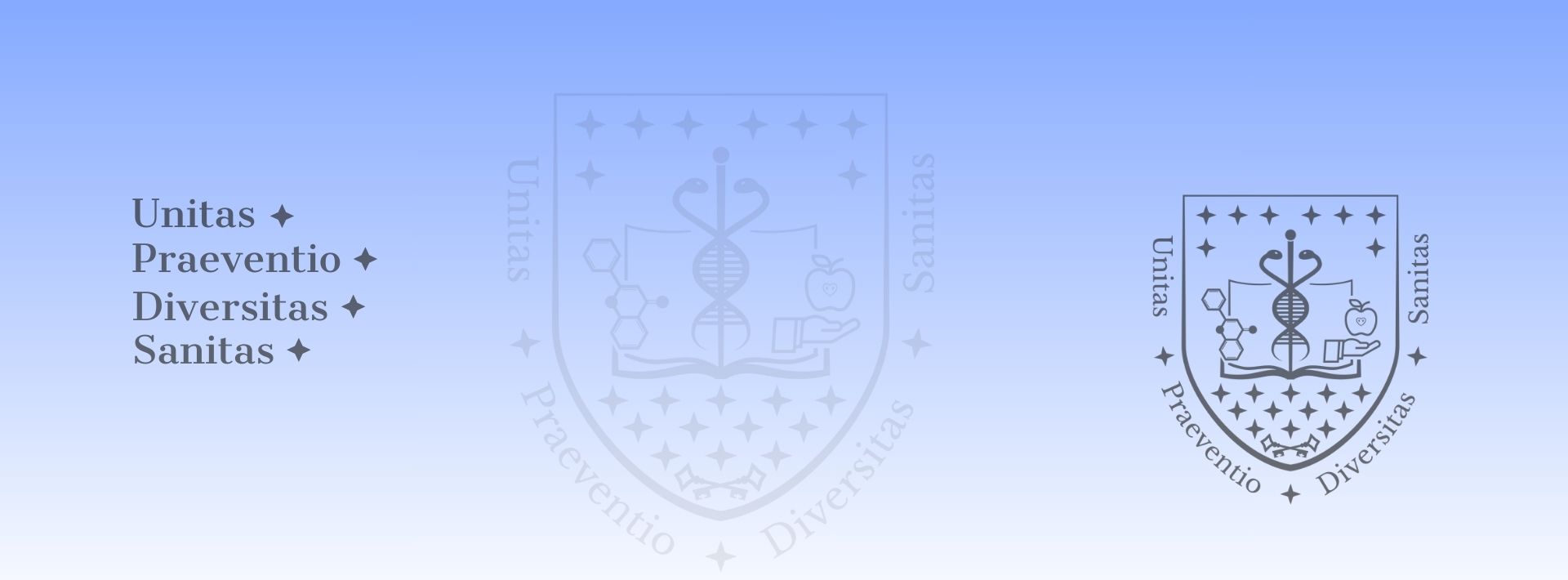Data
Official data in SubjectManager for the following academic year: 2024-2025
Course director
-
Varga Csaba (Népeg)
professor,
Department of Public Health Medicine -
Number of hours/semester
lectures: 24 hours
practices: 0 hours
seminars: 0 hours
total of: 24 hours
Subject data
- Code of subject: OSF-KKN-T
- 2 kredit
- Dentistry
- Optional modul
- both
-
Course headcount limitations
min. 5 – max. 30
Available as Campus course for . Campus-karok: TTK
Topic
The main goal of this course is to familiarize the students with the environmental protection as an increasingly important science. The course intends to introducing the structure, composition of the most important environmental elements (air, soil, water), their pollution and the related diseases, furthermore introducing the global nature protection including its institutional background. The students will be familiarized with the environmental protection, and the role of environmental monitoring in public health.
Lectures
- 1. Conservation biology - Varga Csaba (Népeg)
- 2. Conservation medicine - Varga Csaba (Népeg)
- 3. Ecology I - population dynamics - Varga Csaba (Népeg)
- 4. Ecology II - reports of Club of Rome and their relevance - Varga Csaba (Népeg)
- 5. Background, missions and goals of IUCN - Bérczi Bálint Dániel
- 6. International environmental agreements - Bérczi Bálint Dániel
- 7. The structure of atmosphere - physical and chemical characteristics - Bérczi Bálint Dániel
- 8. Natural atmospheric process, which plays an important role in the development of air pollution - Bérczi Bálint Dániel
- 9. The key concepts of air pollution - Bérczi Bálint Dániel
- 10. Air pollution and the related diseases - Bérczi Bálint Dániel
- 11. Soil structure, soil types - Bérczi Bálint Dániel
- 12. The forms of soil contamination, related diseases, troubleshooting and soil protection - Bérczi Bálint Dániel
- 13. Water chemistry of primary and secondary water pollutants - Varga Csaba (Népeg)
- 14. Microbiological contamination and water-borne diseases - Varga Csaba (Népeg)
- 15. The qualitative and quantitative composition of subsurface waters - Varga Csaba (Népeg)
- 16. Monitoring systems of subsurface waters - Varga Csaba (Népeg)
- 17. The qualitative and quantitative composition of surface waters - Varga Csaba (Népeg)
- 18. Monitoring systems of surface waters and the EU water frame directive - Varga Csaba (Népeg)
- 19. The association between climate change and environmental pollution - Bérczi Bálint Dániel
- 20. The impaction of heat-waves on tropospheric ozone pollution and premature atherosclerotic mortality - Bérczi Bálint Dániel
- 21. The effects of climate change on biodiversity - Bérczi Bálint Dániel
- 22. The usage possibilities of solar energy - Bérczi Bálint Dániel
- 23. The usage possibilities of biogas and wind energy - Bérczi Bálint Dániel
- 24. The risk of alternative energy applications - Bérczi Bálint Dániel
Practices
Seminars
Reading material
Obligatory literature
-
Literature developed by the Department
Neptun
Notes
-
Recommended literature
Sensing the Air We Breathe — The OpenSense Zurich Dataset. https://doi.org/10.1609/aaai.v26i1.8163 https://ojs.aaai.org/index.php/AAAI/article/view/8163
Renewables 2017 - Global Status Report. https://www.ren21.net/gsr-2017/
Managing the health effects of climate change: Lancet and University College London Institute for Global Health Commission. Lancet. 2009 May 16;373(9676):1693-733. doi: 10.1016/S0140-6736(09)60935-1. Anthony Costello 1 et al. DOI: 10.1016/S0140-6736(09)60935-1. https://pubmed.ncbi.nlm.nih.gov/19447250/
Conditions for acceptance of the semester
Absence of 2x2 hours is acceptable. Otherwise the semester cannot be accepted.
Mid-term exams
The conditions for accepting the semester is a personal ten minute-presentation or only writing a simple choice test on the last lecture (it depends on the students choice).
Making up for missed classes
-
Exam topics/questions
Neptun
